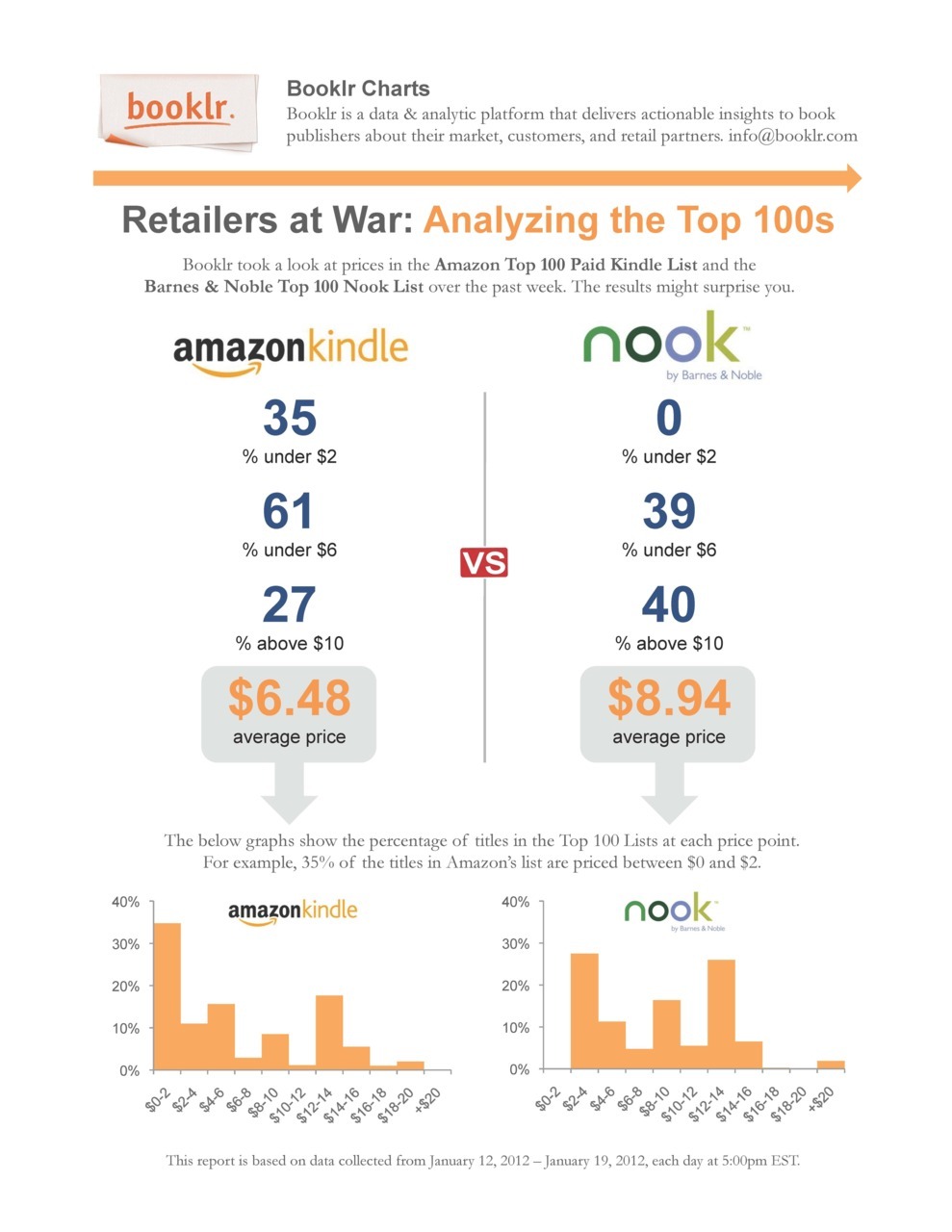WHEN I BEGAN writing my first novel in 1993, I made a decision that still guides my work today. I would not try to write “great literature.” I would instead content myself with a simple little story, but I would write it to the best of my ability, and work hard to improve my skills to assure that what I wrote, while no masterpiece, would at least reflect well upon my Maker. I believe the most important words a Christian can apply to any kind of work are these, which were written to slaves by a man in chains:
“Whatever you do, work at it with all your heart, as if working for the Lord, not for men, since you know that you will receive an inheritance from the Lord as a reward. It is the Lord Christ you are serving.” (Colossians 3:23-24) NIV
So I wrote slowly and painstakingly, carefully considering every word from many different standpoints. I sought out the opinions of intelligent acquaintances, and was never too proud to make constructive changes when suggested. Then, through a series of remarkable events (which I hope to write about one day in this column) to my very great surprise that first novel was published. But what surprised me even more was a comment made about that novel by an editor at a major newspaper. He said it “verged on committing literature.”
How strange it was to hear that word, when “literature” was the very thing I told myself I would not do.
Since those days Providence has seen fit to let me finish eight more novels, with six of those in print so far, and one memoir which may outlast them all. At the risk of seeming immodest, there have been several literary awards and many not uncomplimentary reviews, all of which when taken together have tended to imply that others see in me a puzzling habit of producing “literature.” This has caused me some confusion, for not once in all the years of writing—a million words or more—have I gone back on my original decision. Never have I consciously attempted literature.
Literature was for the academy. It was dense, impenetrable, lofty and apart. I simply wanted to tell unusual stories that might entertain readers, might enchant them through the characters and images brought to mind, and might perhaps leave them with a useful thought or two. How did that amount to literature?
For help in thinking through this question I looked to that ever-faithful writer’s servant, Webster’s. It turns out “literature” might not be the stuffy snob I once suspected. It is only “writings in prose or verse; especially: writings having excellence of form or expression and expressing ideas of permanent or universal interest.”
Well. That didn’t sound so bad. In fact, this was a fair description of what I expected to read in every novel worth my time. It’s what one should expect from any gifted novelist who does his best to write “with all his heart, as if working for the Lord.” Indeed, now that I think about it, this is what every novel in the Christian Fiction genre ought to be: “excellence of form or expression, and ideas of permanent or universal interest.” For what is the alternative? Mediocrity of form and expression? Unimportant and uninteresting ideas? As an inheritor of the greatest story ever told, what kind of Christian storyteller would I be if I was satisfied with that?
Since I am indeed a Christian truly serious about the faith, I have finally decided to accept this fact: whether I try to write a Transcendent Masterpiece or simply keep on trying to amuse, my underlying goal must be to “commit literature” as it is defined above. If that is not my goal, if I am satisfied with less, then I am not writing for the Lord with all my heart, and in that case I would do best to stop writing altogether and seek some other kind of work.
In exactly the same way, whether you are a home schooling mother, a scientist, an assembly line worker or a lawyer, if you are a Christian you are called to work with all your heart as if working for the Lord. No job is too mundane for that calling; no task is too trivial. Those words were first meant for slaves, remember, written to them by a man in prison. I cannot help being a writer; this gift was given without asking if I might prefer another. Similarly, a slave by definition cannot choose his work, but in following St. Paul’s admonition he can most certainly redeem it. Perhaps life has assigned you only ditches to be dug, but in the way you dig them you decide if you are making literature or pulp. Every task, from the most denigrated to the most celebrated, becomes a form of praise and worship if it’s done with all your heart as if for the Lord. That choice is always yours.
Praise the Lord with excellence in whatever work you do, and prepare to be surprised when others call it something more than you dreamed possible.
The original version of this post was was first published on July 15, 2010 at Novel Journey.


